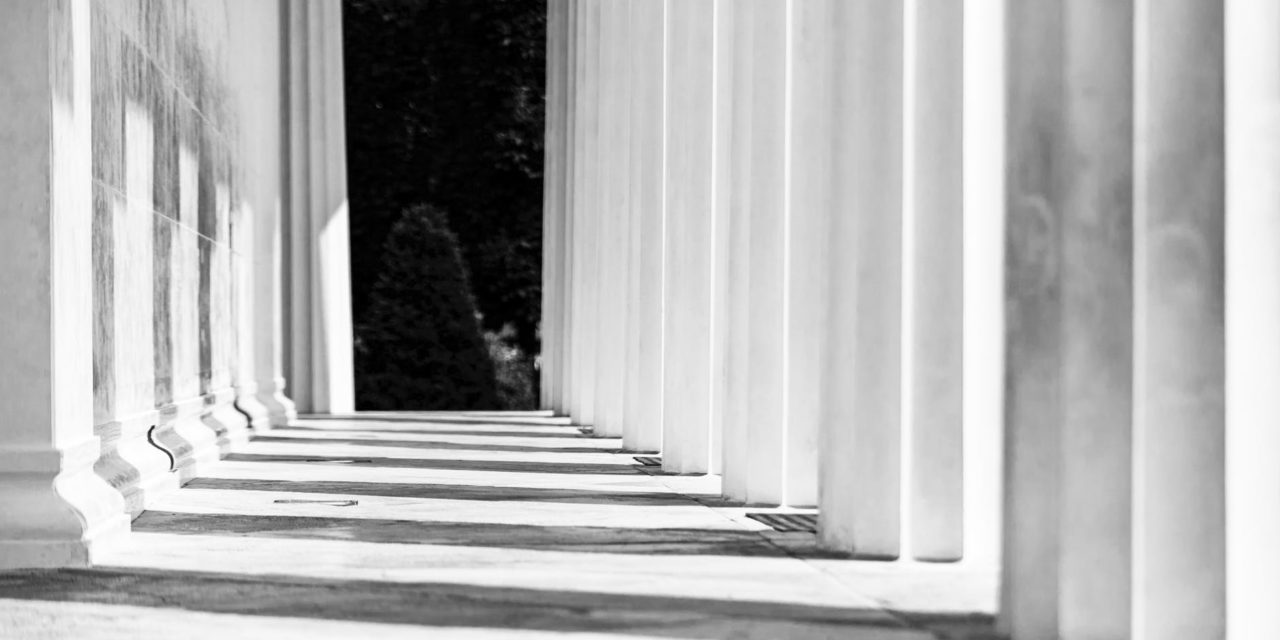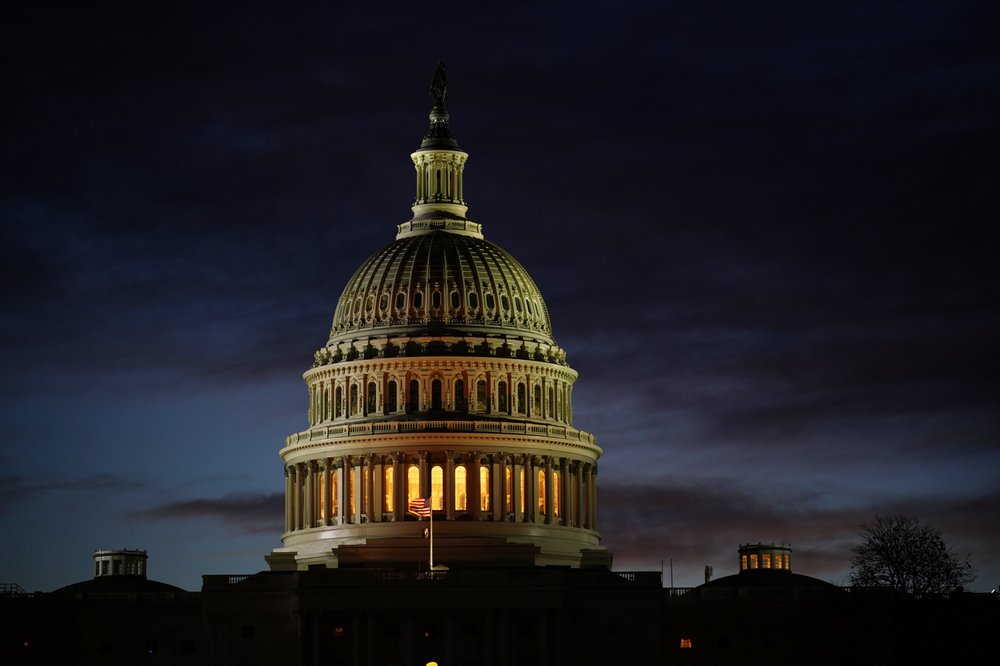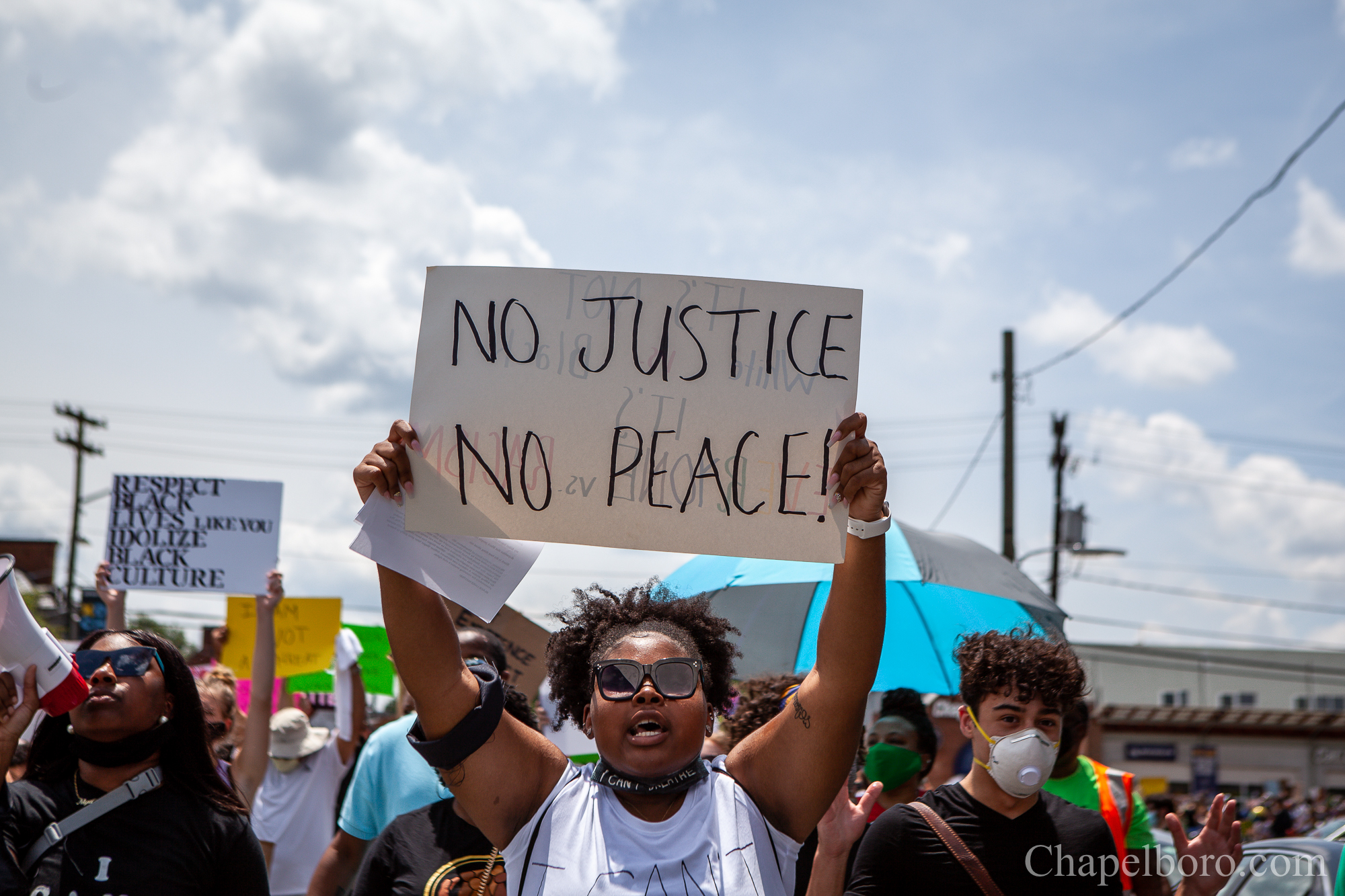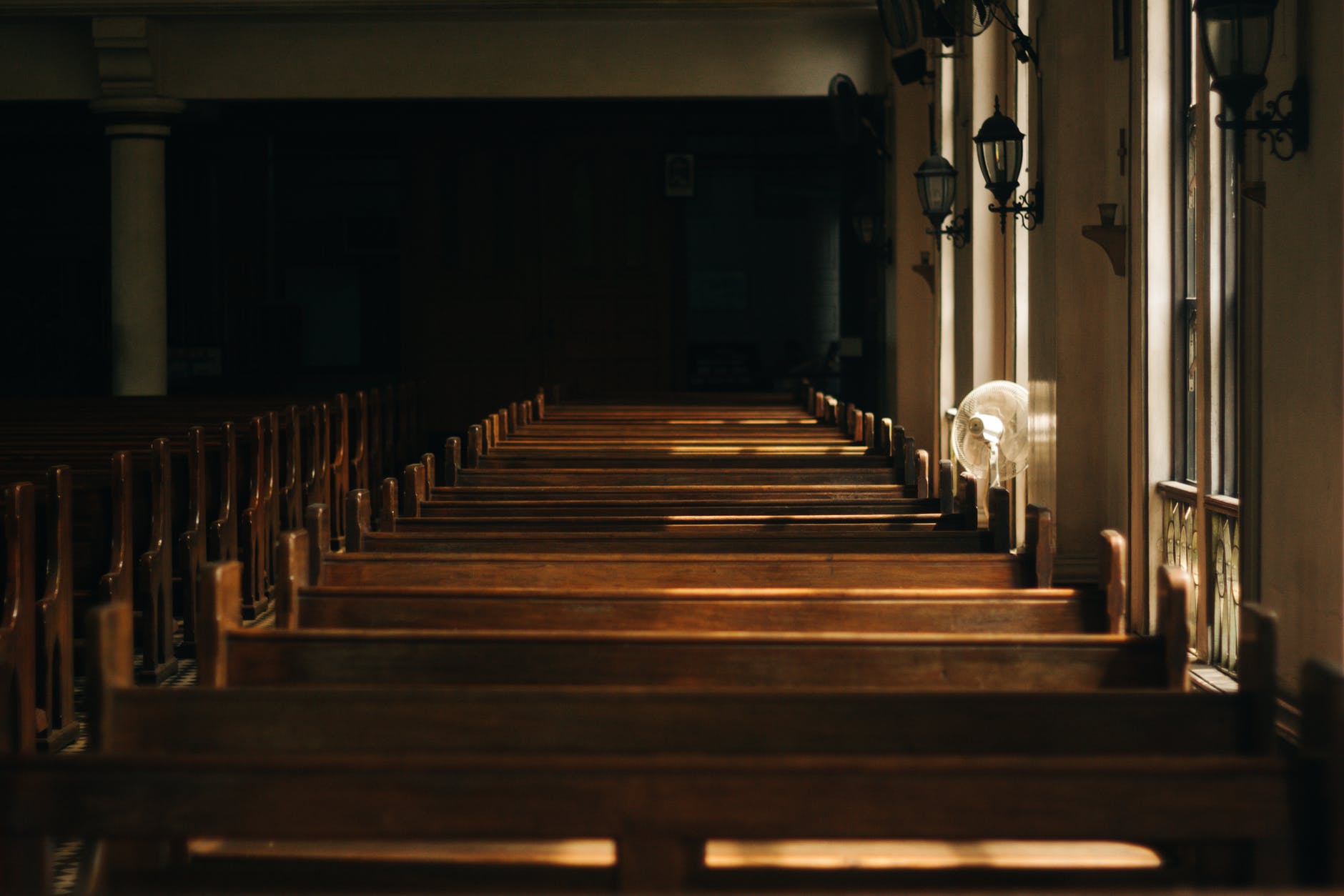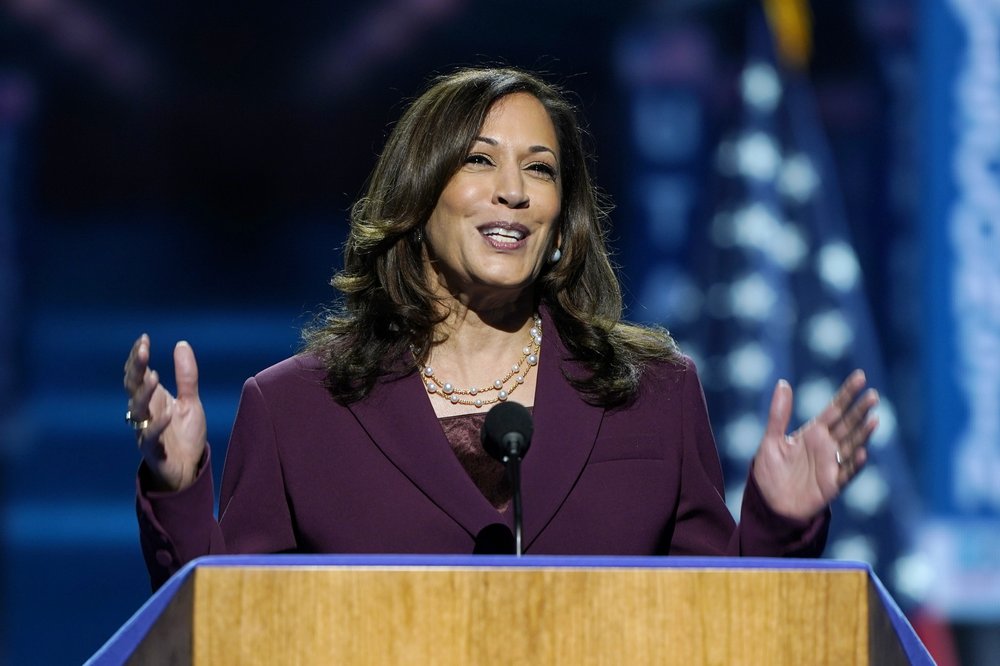Hope Remains with the Unheard Black Voices of Academia
When you regularly study and reflect on race and racism in the USA, it comes as no surprise to see another heartfelt letter sent from a group of Black students (or faculty) expressing their disappointment and often rage at their academic institution. And not just any university, but the one that they “love” through donations, expenditures for study and work, unpaid and unappreciated service work, or rah-rah for athletics and arts. Sadly, this recent correspondence from UNC Law School students only underscores the numerous ones that I have read over the past decade. (I’m sure there are many others from many years past resting in a file or still in draft form on someone’s WordPerfect software.)
All across this country the cries for belonging are loud and clear. People have gone to the streets in protest for the lost life of George Floyd, and a better America, state of North Carolina, and the University of North Carolina. The desire to have a land, a nation, and a community that is not only willing to admit the racial inequities but to work towards the elimination of structural racism. It is disheartening to read and hear the thousands of soulless statements and declarations of care and commitment to change produced by senior-level leaders. There has to be only a small minority of people remaining at historically white universities that have not been witness to racist acts ranging from grading to promotion in their units and departments. I’ve certainly advised and counseled many Black and Brown students over the years who struggled with wearing the Carolina blue with the interlocking NC logo while simultaneously having no sense of inclusion at their dream school. It was and is a painful exercise for them and for me.
The Holy Scriptures (1 Corinthians 13:4a, 5b – NIV) state that we should not keep a scorecard of wrongdoing. One can argue that I have sinned as I have kept a rather extensive list of all the UNC Black faculty members who have retired or accepted employment at another university primarily because of their unfair treatment at UNC. What do you say in your exit interview when you feel the culture has become too toxic to remain at the “People’s University”? How does one prove an inequity to the oppressor? Why would one be willing to address a university that is unwilling to be uncomfortable nor hire and fully support the experts who can help to heal the wound? Is a personal challenge to a university system that was designed (and still maintained) to advantage White men worth the mental, physical, social, and spiritual stress? Most Black students and faculty across the country choose to avoid the legal battle. Rather, they move on, stay until degree completion or attempt to protect themselves from further institutional harm by limiting their conversation and engagement unless required. Ask me how I know. “Been there. Done that. Got the tee shirt.” I have my own lived experiences plus an analysis of the research that provides confirmation of what Black students and faculty have been openly pleading for years all over the country. We certainly can’t believe that law enforcement is the only system that needs repair.
Does anyone really want to disrupt the tradition and status quo at UNC? Like the previous campus town halls, marches, protests, sit-ins, I remain hopeful that this latest communication will be the spark to invite leaders to listen well to the truth-telling and begin an honest examination of a university that seemingly refuses to lift its “knee from our necks.”
Why UNC Law is Not a Place for Black Students.
Like many other Black and Brown people in this country, I am sick and tired of being sick and tired. While there is a current focus on police brutality, and rightfully so, this narrow view fails to encompass the injustices people of color face while trying to navigate any American institution, any day of the week. The deaths of George Floyd, Breonna Taylor, David McAtee, and many more are devastating, but they are just the tip of the iceberg. The outrage of many, White and Black, gives hope that people are finally starting to pay attention. However, I cannot help but wish it didn’t take multiple murders for White allies to be outraged. Black and Brown people experience systemic racism daily and in various institutions. White allies must meet each instance of systemic racism with the same outrage that surfaced with George Floyd’s murder. Only then can we get to a place where Black and Brown people don’t have to light a country on fire just to get our White counterpart’s attention.
The University of Chapel Hill is known for its liberalism, but in truth, it is not as liberal as many tout it to be. As a recent graduate of UNC School of Law, this is the first time in three years I feel like I can finally take off the mask. As I reflect on what the last three years meant for me, one thought continuously pops into my head, “I wish I had gone to an HBCU.” When deciding what law school to attend I, like many, paid attention to the seemingly most important thing: ranking. The highest-ranked school had to be the best choice, right? Now after an exhausting three years, I realize just how wrong that was. During my second year of law school, I attended an event about the Silent Sam Confederate statue on campus. A young Black man spoke on the panel and described why he had chosen not to attend UNC. Afterward, an administrator told me how hard UNC Law tries to recruit Black students. Whether that was true or not is irrelevant. What I realized after graduating is that UNC Law is not a place for people of color. Some, like myself, attend for the rankings, thinking these rankings will give them a leg up in the employment field. But what we find once there is that if you are a student of color, it is incredibly hard to be successful at UNC Law. While legal material itself can be difficult to grasp, feelings of stress and isolation are exacerbated as students of color read countless cases that so clearly expose the racism built into our legal system. Although we do as much as we can to uplift one another, there are few outlets to alleviate this stress when there are so few students and professors of color to provide support. Instead, Black students are forced to cross our fingers and hope we get a White professor that “gets it.” All the while the opportunities for us and our White counterparts to deepen our racially-contextualized legal knowledge slips away. The truth is, the UNC Law administration attempts to recruit students of color to meet numbers, to have pretty Brown faces on their brochures, and to maintain the “liberal” façade that attracts White students and makes White professors feel good about where they choose to teach. It feels as if the administration at UNC is playing a political game and their actions always seem to fall vastly short of their words.
On May 31, an entire week after George Floyd’s death, the Dean of UNC Law put out a statement to its students. The statement was filled with incredibly emotional language. It spoke of anger, disgust, and the need to let Black students know they were not alone. As I read this letter, I could not help but wonder how a man could speak so passionately and fall so short in his own actions to actually make Black students feel as though they are not isolated at his school. If these words were genuine, why would his actions show the opposite?
This Dean has allowed the number of Black students at UNC Law to dwindle year by year. It is not uncommon to be the only Black student in a class of over 80 people. Two years ago, this Dean had a woefully inadequate response to the Board of Governors stripping the UNC Center for Civil Rights, an institution that was fighting for Black and Brown communities all over the state, of its ability to litigate. It took weeks of protest by UNC Law students and weeks of a coordinated letter-writing campaign before he even spoke out. Now, he continues to do nothing to fill the gap in Civil Rights education left by this action. This Dean, and other Deans in his administration, have spoken of support for a Civil Rights Law Review at UNC, while actively blocking such a Law Review from coming into being, despite a plethora of support for the Law Review from students and faculty. This Dean fought hard against almost 300 students for a tuition increase. An increase that will disproportionately affect students of color and students wishing to work in the public interest sector helping Black and Brown communities around North Carolina. If Black students didn’t come to UNC Law for the ranking, they came for the price tag. This Dean allows the burden of handling all things Black at UNC Law to rest on the shoulders of one Black female professor, yet still manages to undermine her work in the community when given the opportunity. Instead of hiring more Black individuals, this Dean has continued to overlook qualified Black lawyers, failing to place any people of color in power at this school. Out of the fourteen Deans at UNC Law, only one is a person of color. The Dean is White. The seven Associate Deans are all White. The Director of Pro Bono, a position that serves a state with a large population of people of color, is also White. This Dean has worked to increase corporation and private sector involvement in the law school while depleting public interest opportunities for students. Yet the faults of UNC Law do not rest solely on this Dean. The entire administration works to suppress student efforts to truly make UNC Law a place for students of color.
The administration gives you the option to be the token Black student, and if you refuse, they work to undermine your success. There are several Black student leaders at UNC Law. Students who have, among other things, started entire organizations, worked to offer pro bono to the community and worked to mentor not just other Black students but all students. Yet, the “most prestigious” award given at UNC Law to student leaders was not given to a single black student this year. The fact is, UNC Law does not wish to teach the next Pauli Murray, Constance Baker Motley, Thurgood Marshall, or even Julius Chambers. They are doing everything they can to destroy the true work and legacy of Julius Chambers and his Center for Civil Rights. Julius Chambers may be the colorful portrait on the wall the second you walk into the school, but he is certainly no longer the identity UNC Law represents. UNC Law’s more truthful identity consists of lip service, internal emails, and statements of support with little to no outward expressions that might actually lead to long-lasting change. UNC Law is no longer the “publicserving institution for all” it claims to be and certainly does nothing to support students who want to go into civil rights or public interest law.
I wish the swapping out of a couple of Deans could make UNC Law a place for students of color, but unfortunately, we have more Amy Coopers than White allies working as faculty. When the switch to remote learning happened as a result of COVID, there was plenty of support from faculty and many student petitions passed around calling for a switch to a pass/fail system. Yet, students and faculty have been dead silent about what is happening in this country right now. To those who have spoken out, thank you but it is not enough. White students attending UNC Law must recognize the racist injustices happening around them on a daily basis. They must bring the same outrage they feel towards the televised murder of Black and Brown people at the hands of police to the classrooms and hallways of UNC Law. They must use their privilege to advocate where people of color can’t advocate for themselves. They must speak out when a student of color is silenced. They must work hard to ensure that a student of color gets that position, that award, that promotion, that apology, that meeting, that recognition and right to speak up. Students of color deserve to feel as though they belong, but more importantly to feel like they can succeed at an institution to which they pay tremendous amounts of tuition.
My advice for Black and Brown students considering UNC Law or any Predominantly White Institution? Don’t. Upon arrival you will be given two choices: conform to their tokenizing ideals of you, or be ostracized and impeded throughout your three years. To be clear, there is nothing wrong with the Black students that chose the first option. Many of us did because we had to. But the point is, we shouldn’t have to.
– A Group of Black UNC Law Students
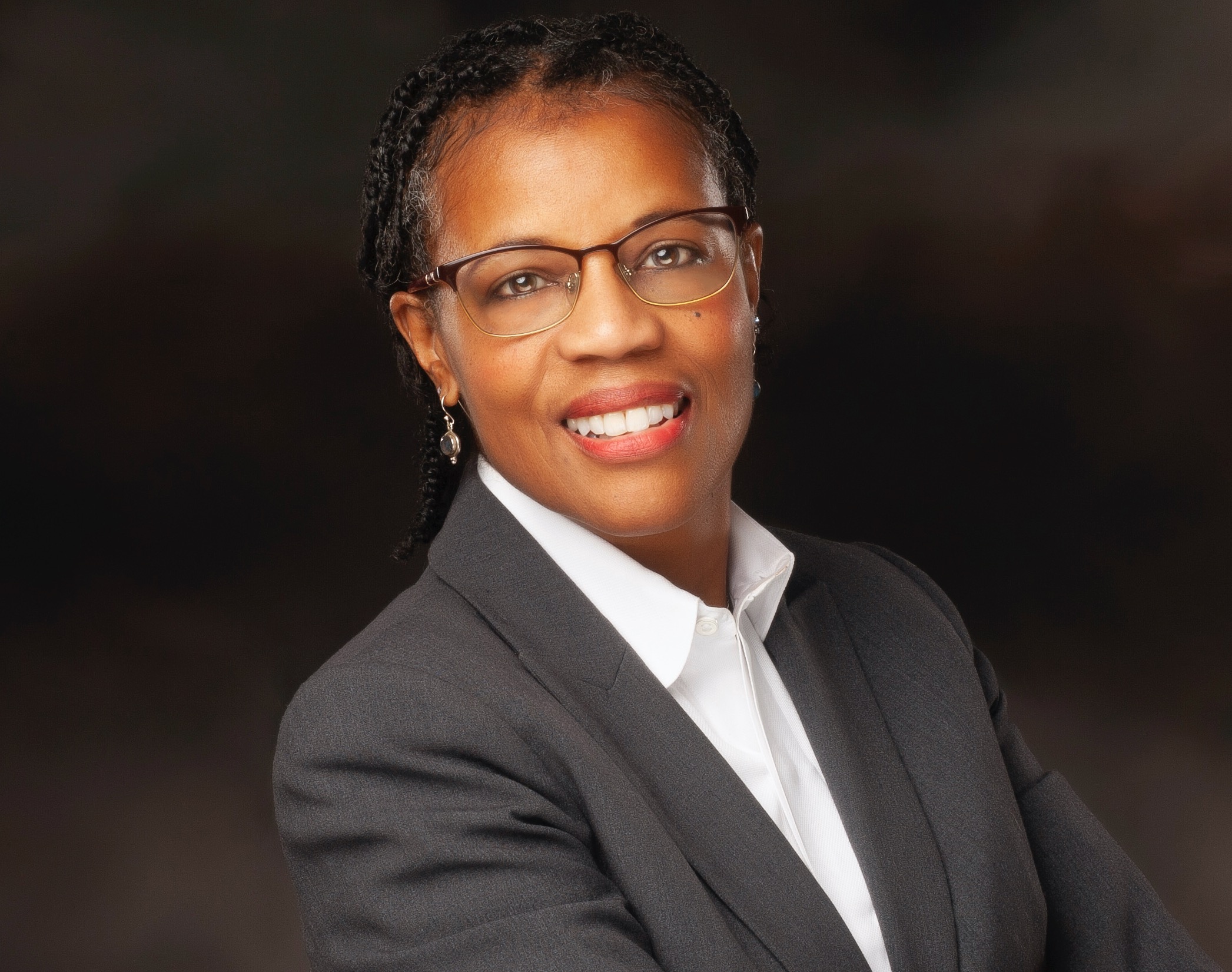 “Never Too Far” contains perspectives and insights from an inquisitive and engaged Orange County transplant from Philly. Deborah Stroman is an entrepreneur and UNC leadership professor who has seen too much and not enough, and thus continues to question and explore the thoughts and actions of humankind.
“Never Too Far” contains perspectives and insights from an inquisitive and engaged Orange County transplant from Philly. Deborah Stroman is an entrepreneur and UNC leadership professor who has seen too much and not enough, and thus continues to question and explore the thoughts and actions of humankind.
Chapelboro.com does not charge subscription fees. You can support local journalism and our mission to serve the community. Contribute today – every single dollar matters.

